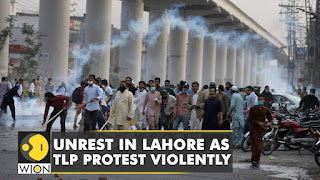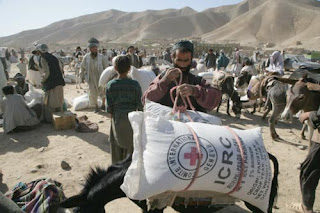Religious ultra-conservatism has a field day in Pakistan. It puts Saudi Arabia on the Spot

By James M. Dorsey Sunni Muslim ultra-conservatism is having a field day. Barely three months after the Taliban claimed victory in Afghanistan, Pakistan, the second most populous Muslim-majority state, is moving to join Kabul in becoming an outpost of religious intolerance and Muslim supremacy. In doing so, Pakistan, alongside Afghanistan, has come down on the side of countries like Turkey and Iran that advocate various forms of political Islam and public adherence to the faith as opposed to Gulf states and movements such as Indonesia’s Nahdlatul Ulama that project themselves with various degrees of sincerity as beacons of a tolerant and pluralistic interpretation of the faith. That has not stopped Pakistan from forging ties with both sides of the divide. In doing so, Pakistan benefits from shifting battlefields in the Middle East as rivals seek to dial down tensions to avoid conflicts from spinning out of control. In the latest move, Saudi Arabia revived its financial supp

